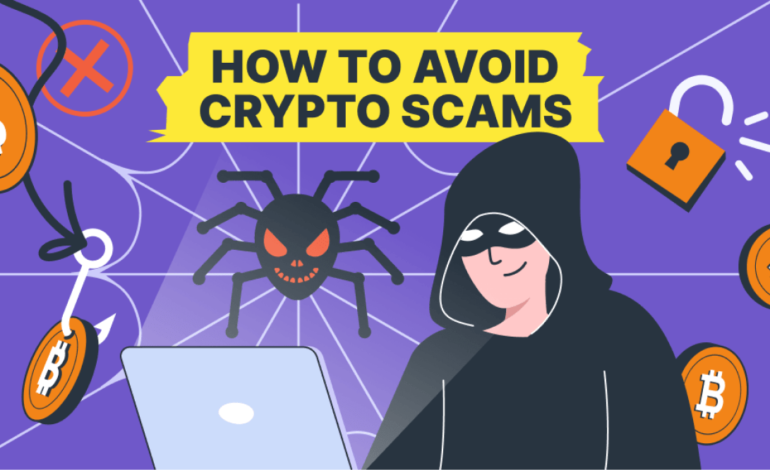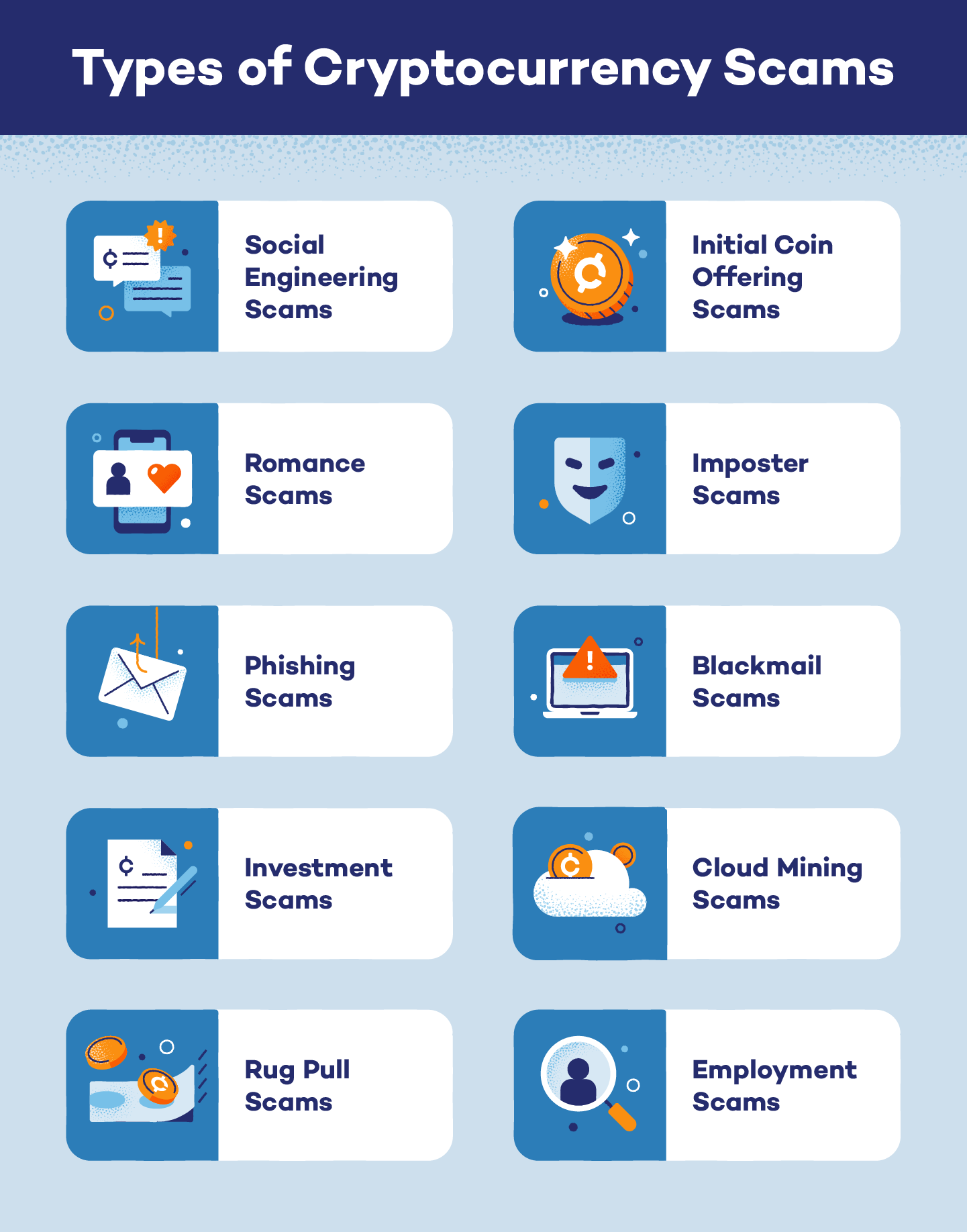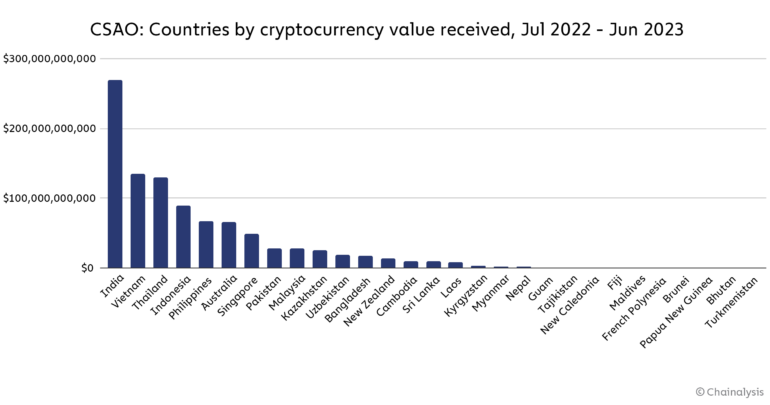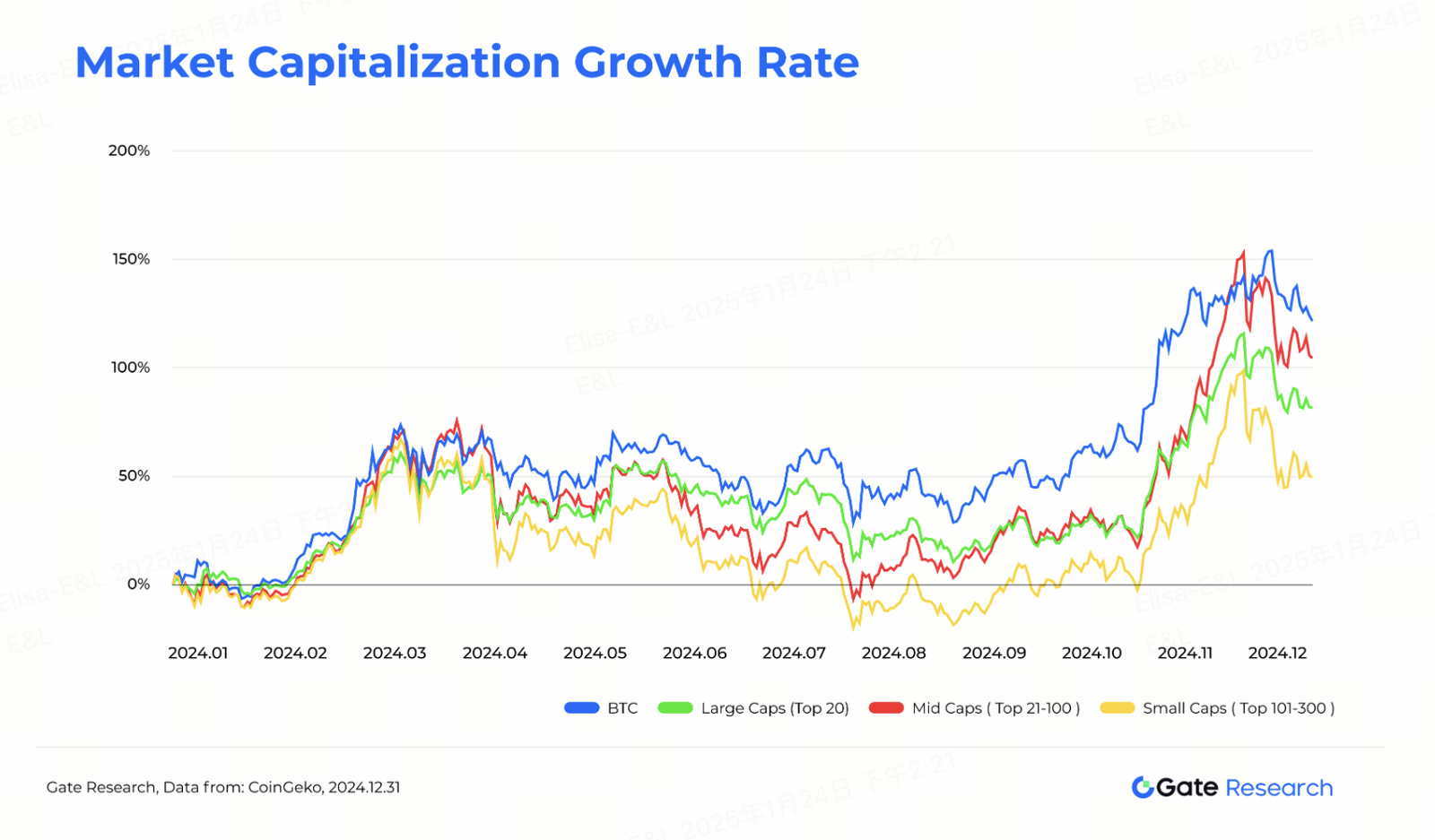How to Identify and Avoid Crypto Scams: A Comprehensive Guide

Learn how to identify and avoid crypto scams with this comprehensive guide. Discover tips, red flags, and best practices to protect your investments.
How to Identify and Avoid Crypto Scams: A Comprehensive Guide
The cryptocurrency market offers immense opportunities, but it also attracts scammers looking to exploit unsuspecting investors. From fake ICOs to phishing attacks, crypto scams come in various forms. In this guide, we’ll walk you through the steps to identify and avoid crypto scams, helping you protect your investments and navigate the crypto space safely.
Common Types of Crypto Scams
Understanding the different types of crypto scams is the first step in protecting yourself. Here are some common ones:
- Fake ICOs/IDOs: Fraudulent projects that raise funds and disappear without delivering any product.
- Phishing Scams: Fake websites or emails designed to steal your private keys or login credentials.
- Ponzi Schemes: Fraudulent investment schemes that promise high returns but pay early investors with funds from new investors.
- Pump and Dump Schemes: Coordinated efforts to inflate the price of a cryptocurrency and then sell off, causing the price to crash.
- Fake Wallets/Exchanges: Malicious apps or websites that steal your funds.

How to Identify Crypto Scams
Here are some red flags to watch out for when evaluating a crypto project:
- Lack of Transparency: If the team is anonymous or provides little information about their background, it’s a red flag.
- Unrealistic Promises: Be cautious of projects that promise guaranteed high returns with little to no risk.
- No Whitepaper or Poor Whitepaper: A legitimate project should have a detailed whitepaper outlining its goals, technology, and roadmap.
- Pressure to Invest Quickly: Scammers often create a sense of urgency to pressure you into making quick decisions.
- Poor Online Presence: Check the project’s website, social media channels, and community engagement. A lack of activity or negative reviews can be a warning sign.
Steps to Avoid Crypto Scams
Follow these steps to protect yourself from crypto scams:
- Do Your Own Research (DYOR): Thoroughly research the project, team, and technology before investing.
- Verify the Team: Look up the team members on LinkedIn and other professional networks to verify their credentials.
- Check Reviews and Community Feedback: Read reviews and participate in community discussions to gauge the project’s legitimacy.
- Use Reputable Platforms: Only use well-known and reputable exchanges, wallets, and platforms.
- Enable Security Features: Use two-factor authentication (2FA) and strong passwords to secure your accounts.
Tools and Resources to Help You
Several tools and resources can help you identify and avoid crypto scams:
- Scam Alert Websites: Websites like CryptoScamDB and Scam Alert provide information on known scams.
- Community Forums: Platforms like Reddit and Bitcointalk have active communities that discuss and expose scams.
- Blockchain Explorers: Use blockchain explorers like Etherscan and Blockchair to verify transactions and addresses.
What to Do If You’ve Been Scammed
If you suspect you’ve fallen victim to a crypto scam, take the following steps:
- Report the Scam: Report the scam to relevant authorities and platforms, such as the exchange or wallet provider.
- Document Everything: Keep records of all communications, transactions, and any other evidence.
- Seek Legal Advice: Consult a legal professional to explore your options for recovering your funds.
- Warn Others: Share your experience with the community to help others avoid falling victim to the same scam.
Tips for Safe Crypto Investing
- Stay Informed: Keep up with the latest news and trends in the crypto space.
- Diversify Your Portfolio: Spread your investments across different cryptocurrencies and sectors to reduce risk.
- Use Secure Wallets: Store your cryptocurrencies in secure wallets, preferably hardware wallets.
- Be Skeptical: Always approach new projects with a healthy dose of skepticism and conduct thorough research.
Conclusion
Crypto scams are a significant risk in the cryptocurrency market, but by staying informed and vigilant, you can protect yourself from falling victim. By understanding the common types of scams, recognizing red flags, and following best practices, you can navigate the crypto space safely and make informed investment decisions.










